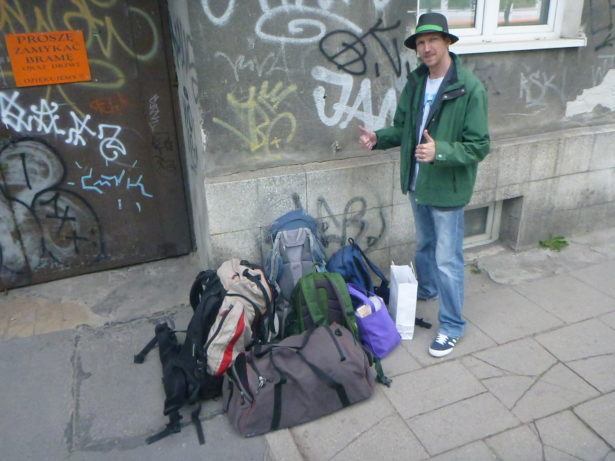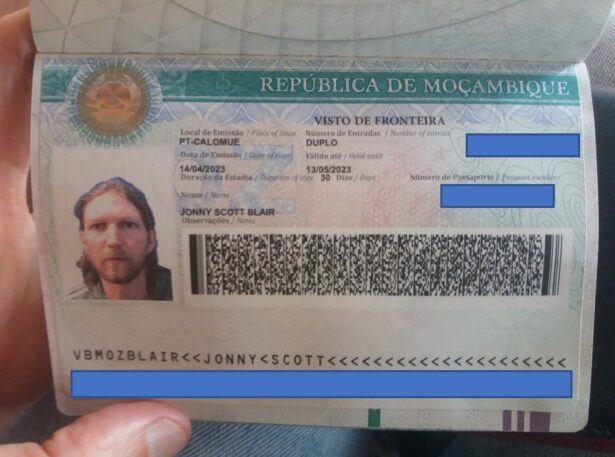Planning an international move is overwhelming at best, sheer pandemonium at worst. There are countless things to plan for and consider, and if you haven’t gone through the process before, there are probably one or two things you’ve forgotten to handle.
Here are a few of the most commonly overlooked aspects of moving abroad, to help you when you’re constructing your master checklist of everything you need to get done!
Researching Your Destination
You might have a vague idea of what your destination country might be like, but have you dug into the meat of what it’s like to live there? Take some time to do in-depth research about local neighborhoods, cost of living, lifestyle, etc. Get involved on an online community of locals or ex-pats and ask any questions you might have.
Even better is to plan a short trip to help you get an idea of what it’s like there and which areas are appealing for you to live in. However, even if the trip is last minute, ensure you’re properly prepared with trip insurance, a budget, and other important preparations in place.
Banking Options
When it comes to finances and moving, most people will create a comprehensive budget for the move, considering all the big costs like visas, flight tickets, a moving company, etc. However, there’s more to think about when it comes to your money.
Once you’ve reached your destination, you’ll need to be able to make purchases (and pretty soon after arriving too). Have a plan in place for how you’ll access and use your money when you’re abroad. Different countries will have different options available, so it’s a good idea to do your research before you leave home and get your plans in place. Otherwise, you might end up stranded in a new country without a cent on hand!
Adjusting Your Budget
Another financial factor to prioritize is the cost of living. More than just budgeting for the move, you’ll need to budget for everyday life, and the chances are that things will look significantly different from what you’re used to!
Make sure to do some research on the cost of living in the specific area you’ll be moving to, and keep your projected income in mind. If you’re going to be backpacking and moving from place to place, your budget will need to change depending on where you are, so this will be an ongoing process for you.
Temporary Housing
You’ve obviously considered where you’re going to live. However, have you thought about when you’ll get access to your new home, and whether the dates line up with your arrival?
There’s a large chance you might need temporary accommodation, and this is a good option for those who can’t or prefer not to lease a home before actually seeing it in person. Booking a long-term Airbnb, or a short-term rental house will give you the opportunity to check out the neighborhood at leisure and make sure you make the right choice when renting a home.
Utilities, Services, and Transport
How you access your utilities (and other services) can also differ from place to place, and it’s a good idea to check this ahead of time and plan it ahead. Consider services like water, electricity, gas, and garbage collection.
You might also want to take transportation into account as well. Most people won’t own a car when they first arrive in a new country, so you’ll need to make use of public transport, ride sharing, or another type of transportation at least for a few weeks. Make sure you do some research on your options before you leave, understand costs and how the systems work so you’re not taken by surprise on your first bus ride!
Connection and Internet Services
You’re also going to need to figure out how to use your phone while travelling as soon as possible, so that you can get in touch with friends and family and let them know you’re safe.
You’ll need to get set up with a local mobile service provider as soon as possible, but until then you’ll probably be okay to use public Wi-Fi. However, it’s important to be cautious with your sensitive data when using public networks. Make sure to get set up with internet services at your new home as soon as possible too.
New Social Norms
Finally, be prepared for a new normal. Even if you do thorough research on your destination country (or countries) you might still find yourself overwhelmed by culture shock. Missing home and feeling lost are both natural parts of moving abroad, and there’s nothing wrong with you if you struggle.
Try to pay close attention to the social norms and what the culture is like, so that you’re able to adapt. Making friends with locals (or fellow expats who have been there for a while) can help make this process easier and a little less isolating.




